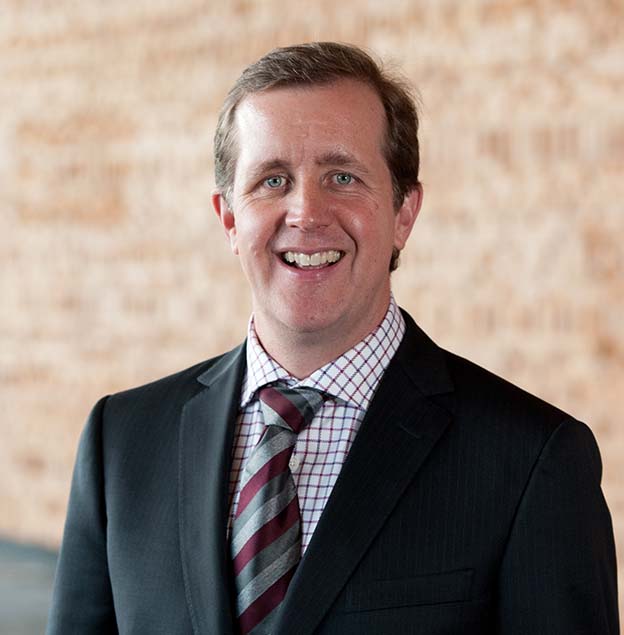McMaster scientists take lead in new national health networks

Jeff Healey, associate professor of cardiology for the Michael G. DeGroote School of Medicine, will head up the Canadian Stroke Prevention Intervention Network (C-SPIN) of prominent Canadian heart specialists who will focus on finding innovative treatments for patients affected by atrial fibrillation and stroke. Fourteen other McMaster professors will be part of the C-SPIN along with colleagues from across the country.
A McMaster researcher will head a new Canadian network which has been formed to find innovative ways to prevent stroke.
McMaster colleagues have been called on to assist with two new Canadian networks looking at respiratory health and vascular disease. The three Emerging Networks were announced by the Canadian Institutes of Health Research (CIHR) in Ottawa today.
Jeff Healey, associate professor of cardiology for the Michael G. DeGroote School of Medicine, will head up the Canadian Stroke Prevention Intervention Network (C-SPIN) of prominent Canadian heart specialists who will focus on finding innovative treatments for patients affected by atrial fibrillation and stroke. Fourteen other McMaster professors will be part of the C-SPIN along with colleagues from across the country.
Other McMaster experts will participate in the new Canadian Respiratory Research Network including Paul O’Byrne, chair of the Department of Medicine, Parameswaran Nair, associate professor of respirology and Canada Research Chair in Airway Inflammometry; and Martin Stampfli, professor of pathology and molecular medicine.
The team working on the Canadian Vascular Network includes Sonia Anand, professor of medicine.
The new research networks are to bring together Canada’s best minds with the goal of building a collaborative critical mass of technical and scientific expertise across the country to enhance research and bridge gaps in patient care.
Federal Health Minister Rona Ambrose said the networks “will unite Canada’s best and brightest researchers in the goal of bringing about real improvements in health care.”
Healey’s network involves over a dozen world-class physician researchers from Halifax to Victoria, nurses and public health staff. It will also develop links with government agencies.
“In the past five years there has been substantial progress in our ability to detect atrial fibrillation and to prevent stroke due to this condition,” said Healey, who is also director of arrhythmia services at Hamilton Health Sciences.
“C-SPIN will allow us to connect Canada’s brightest researchers in these fields. This will allow further innovation which will both improve our understanding of these disorders and lead to new strategies to prevent stroke.”
The new network has already developed eight studies that will help Canadians benefit from programs in medical research.
Of these, one study will identify patients with atrial fibrillation so they receive appropriate treatment. A second will ensure patients visiting emergency departments get the follow-up treatment they need. Two others will see if blood thinners can prevent stroke in patients with pacemakers and others who have had a heart procedure to treat atrial fibrillation.
There are also studies to see if early treatment of atrial fibrillation can prevent cognitive decline and one study to determine if the removal of a small specific piece of cardiac tissue at the time of routine heart surgery can prevent stroke.
More than 20 partners from industry, health charities and academic institutions are providing support to the new networks, including the Canadian Lung Association, Hypertension Canada and the Heart and Stroke Foundation.
